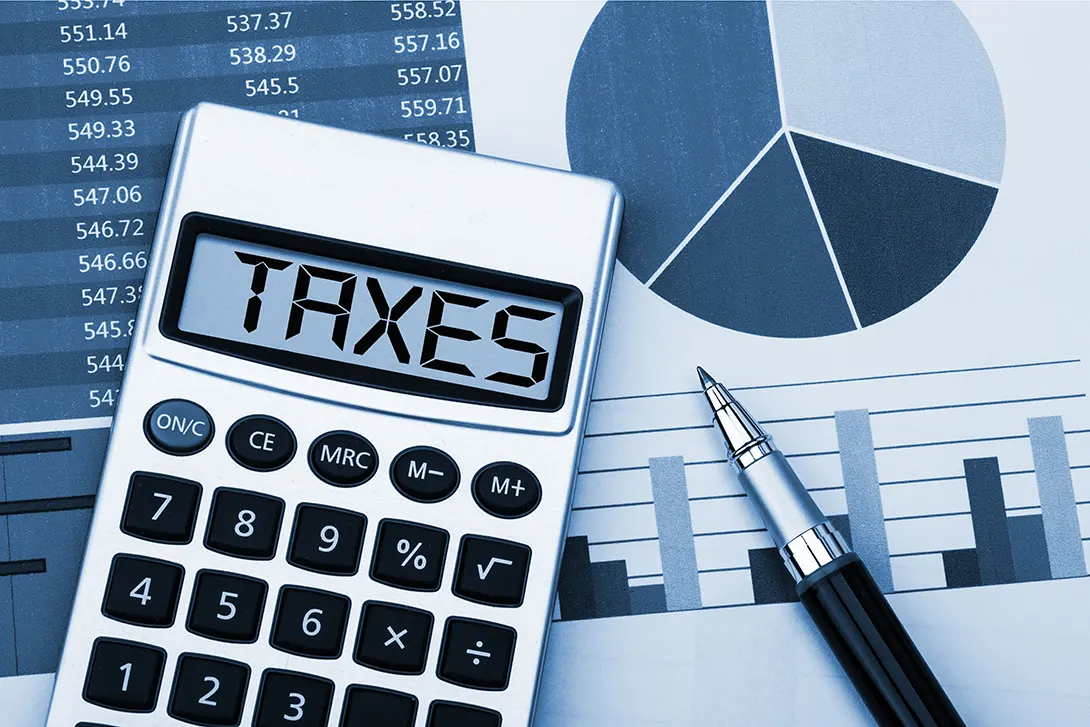Better to pay taxes on investment profits than not having them at all.
There’s a common refrain in investing and it goes something like this: “I must minimize the amount of taxes on my investments at all costs.” While no one enjoys paying taxes, we think people tend to overly focus on tax implications and not focus enough on investing to make their financial goals happen.
Being tax efficient with your investments obviously makes sense and we encourage you to be aware of tax implications. However, this is sometimes taken to the extreme and people avoid making certain investments in fear they’ll pay a lot in taxes.
You tell me what makes more sense: Make an investment and pay taxes on its returns, or not make the investment at all? Point (hopefully) proven.
The only supremely optimal tax efficient investment option is retirement accounts like IRAs and 401(k)s. You’re generally gonna pay taxes in some form on all other investments, so our advice is to just get over it. It’s better to have the investment and pay taxes on it than to not have it at all!
If you’re not familiar with what kind of taxes can be incurred on various investments, here’s a quick rundown:
| Interest | Comes from bank accounts, CDs, bonds, and other interest-bearing investments. | Most interest income is taxed as ordinary income like your paycheck is. | Interest income is taxed as ordinary income, with tax rates ranging from 10% to 37% depending on your tax bracket. |
| Dividends | Paid by companies you own shares in. | Dividends come in two flavors.
Qualified: Dividends are “qualified” when the company is U.S.-based, is not a certain kind of company like a REIT or MLP, and you’ve owned your share(s) for more than 60 days. Ordinary: Dividends are ordinary, or “unqualified” when they don’t meet the criteria above. |
Qualified dividends are taxed between 0% and 20%.
Ordinary dividends are taxed as ordinary income, with tax rates ranging from 10% to 37% depending on your tax bracket. |
| Capital gains | Occur when you sell an investment for more than you bought it for and make profits on it. | Capital gains also come in two flavors.
Short-term: Profits from an investment you sell that you owned for less than 1 year. Long-term: Profits from an investment you sell that you owned for longer than 1 year. |
Short-term capital gains are typically taxed as ordinary income, with tax rates ranging from 10% to 37% depending on your tax bracket.
Long-term capital gains are usually taxed at 0%, 15%, or 20%… again depending on your tax bracket. |
At the end of the day, there’s not many options to wiggle your way out of paying taxes on investment income. So don’t stress about taxes. Get out there and be thankful you’re able to invest!
For lots more on how to crush the personal finance game and find early retirement, make Firreo.com your financial advisor. We’ll help you out of your job and on your way to financial freedom!
